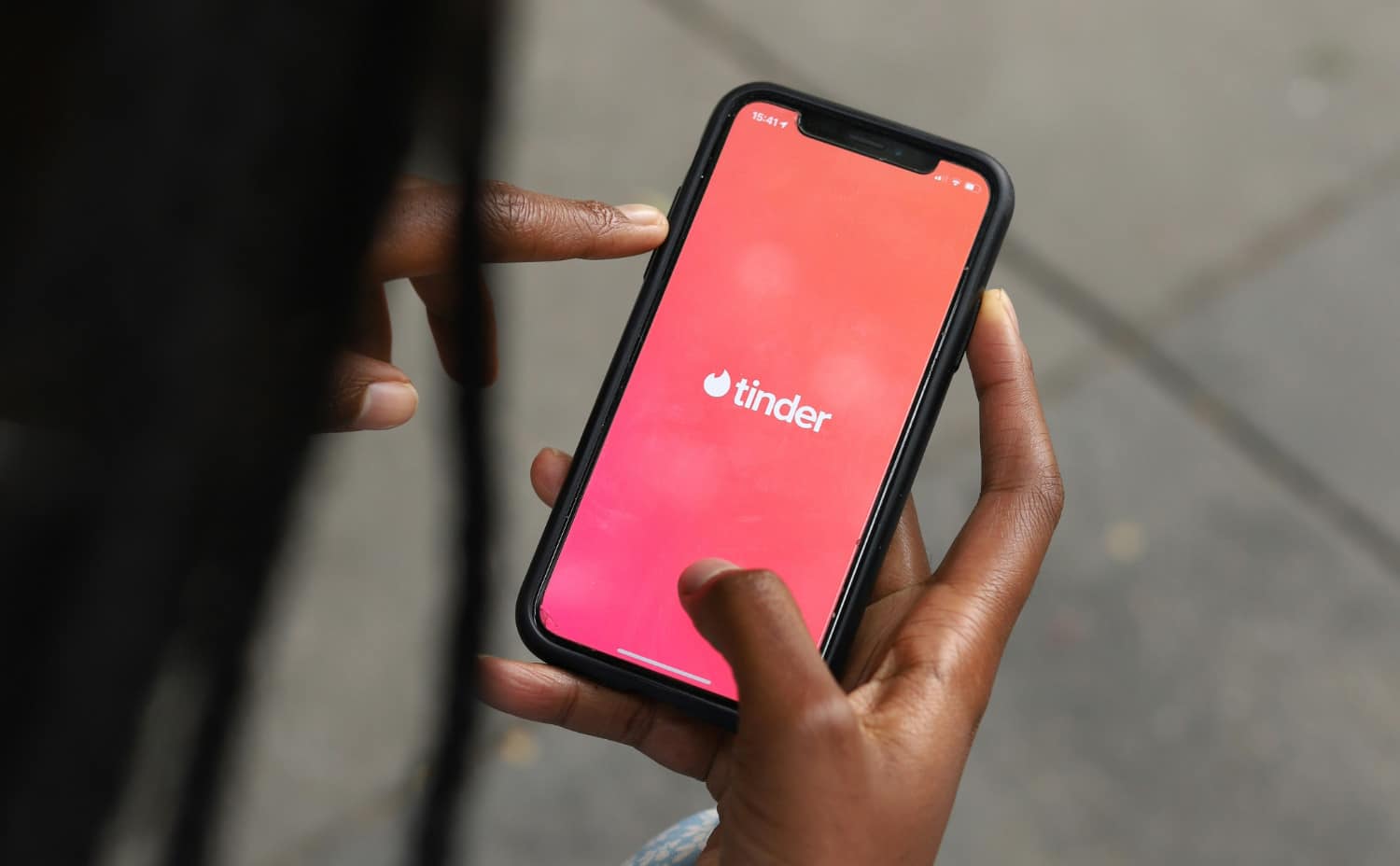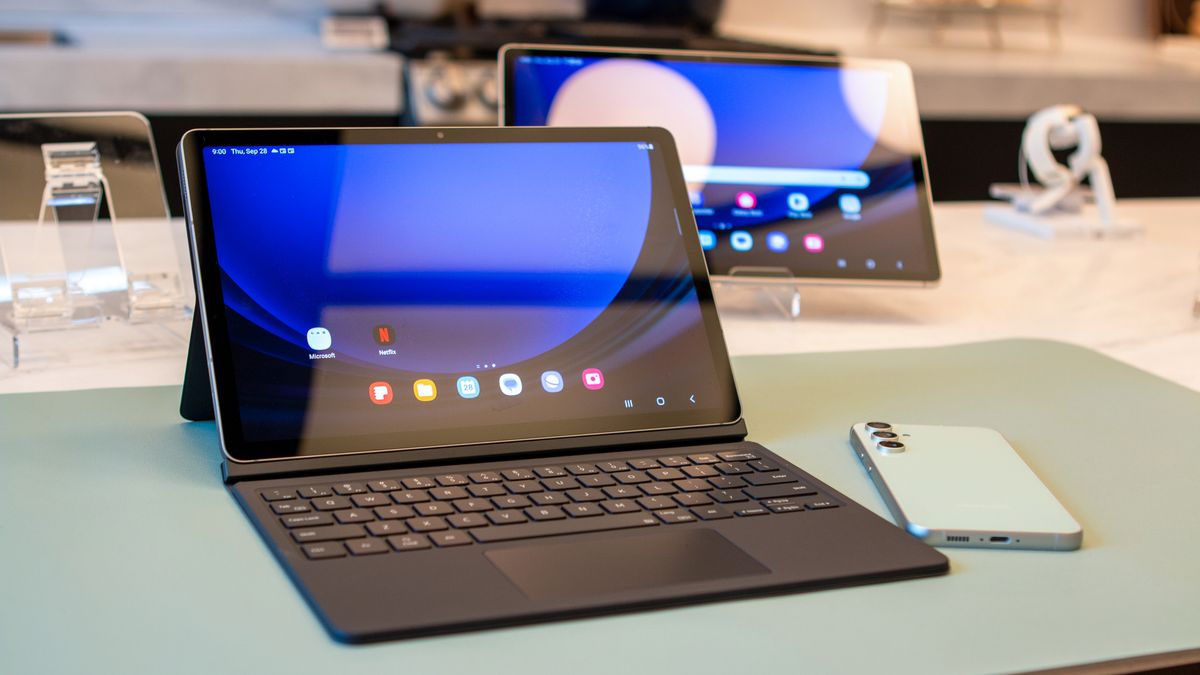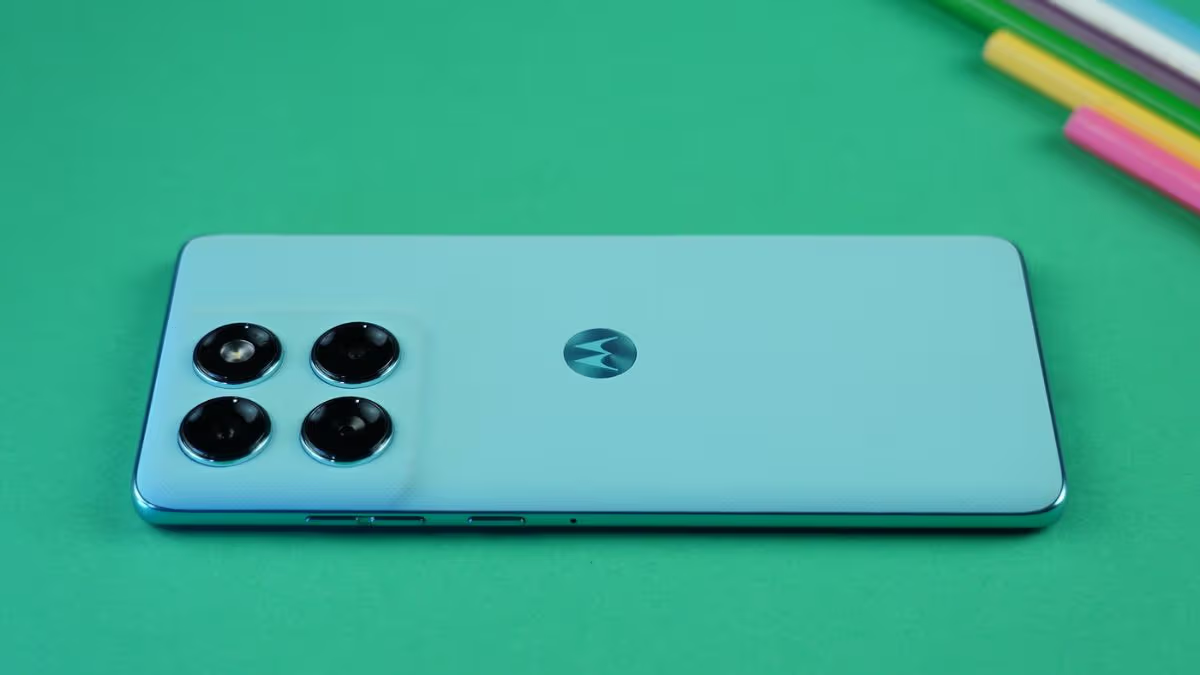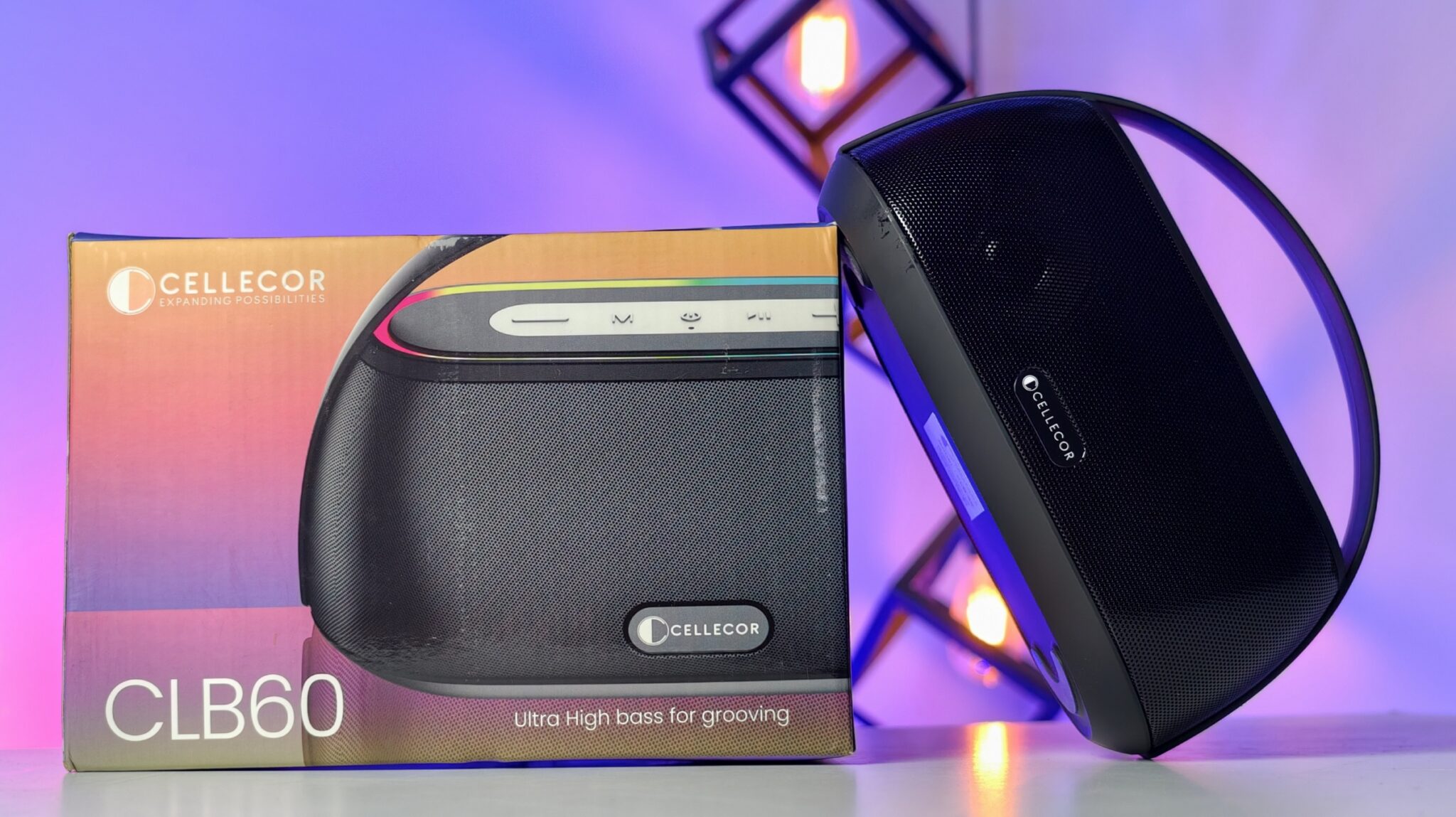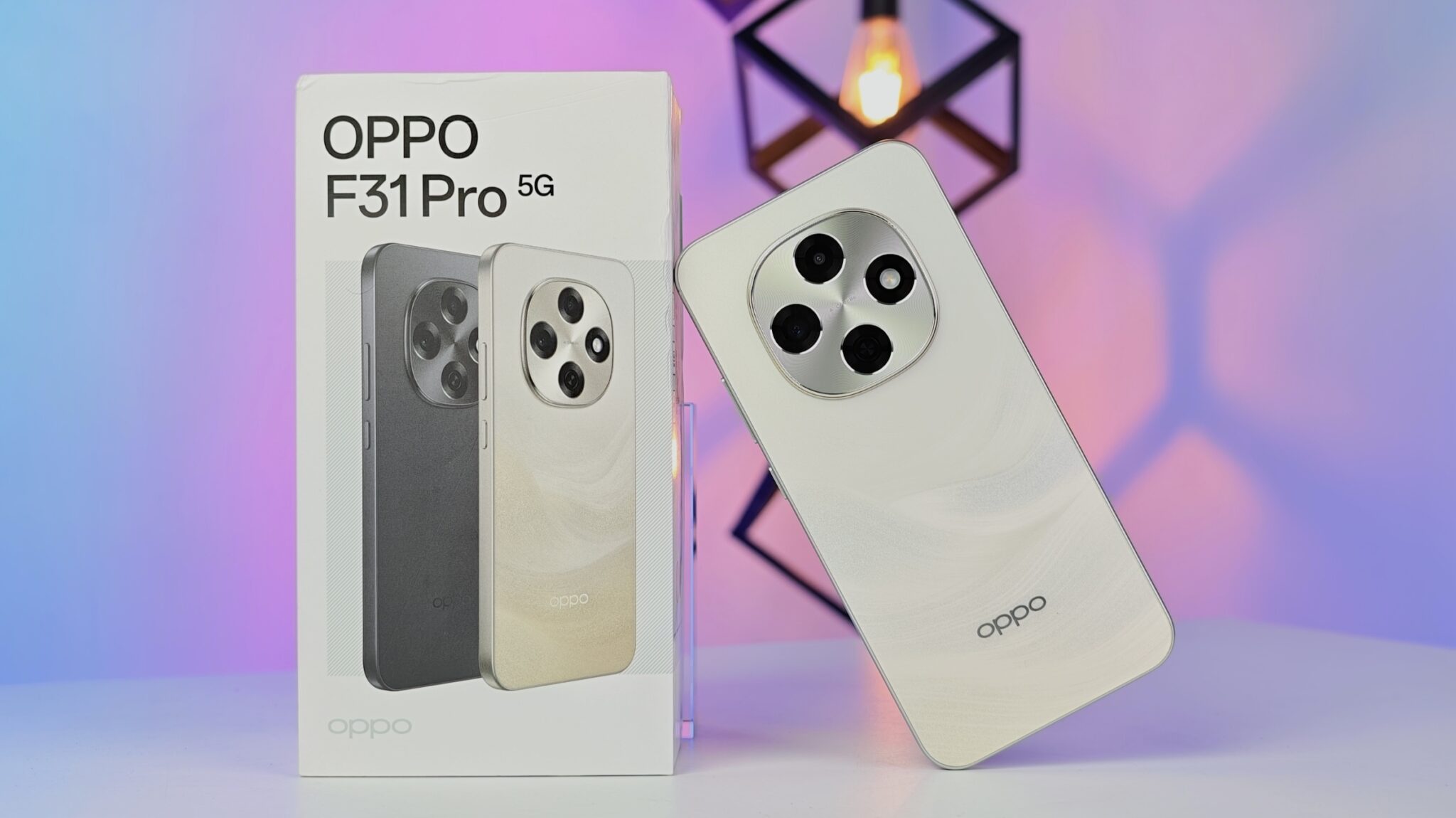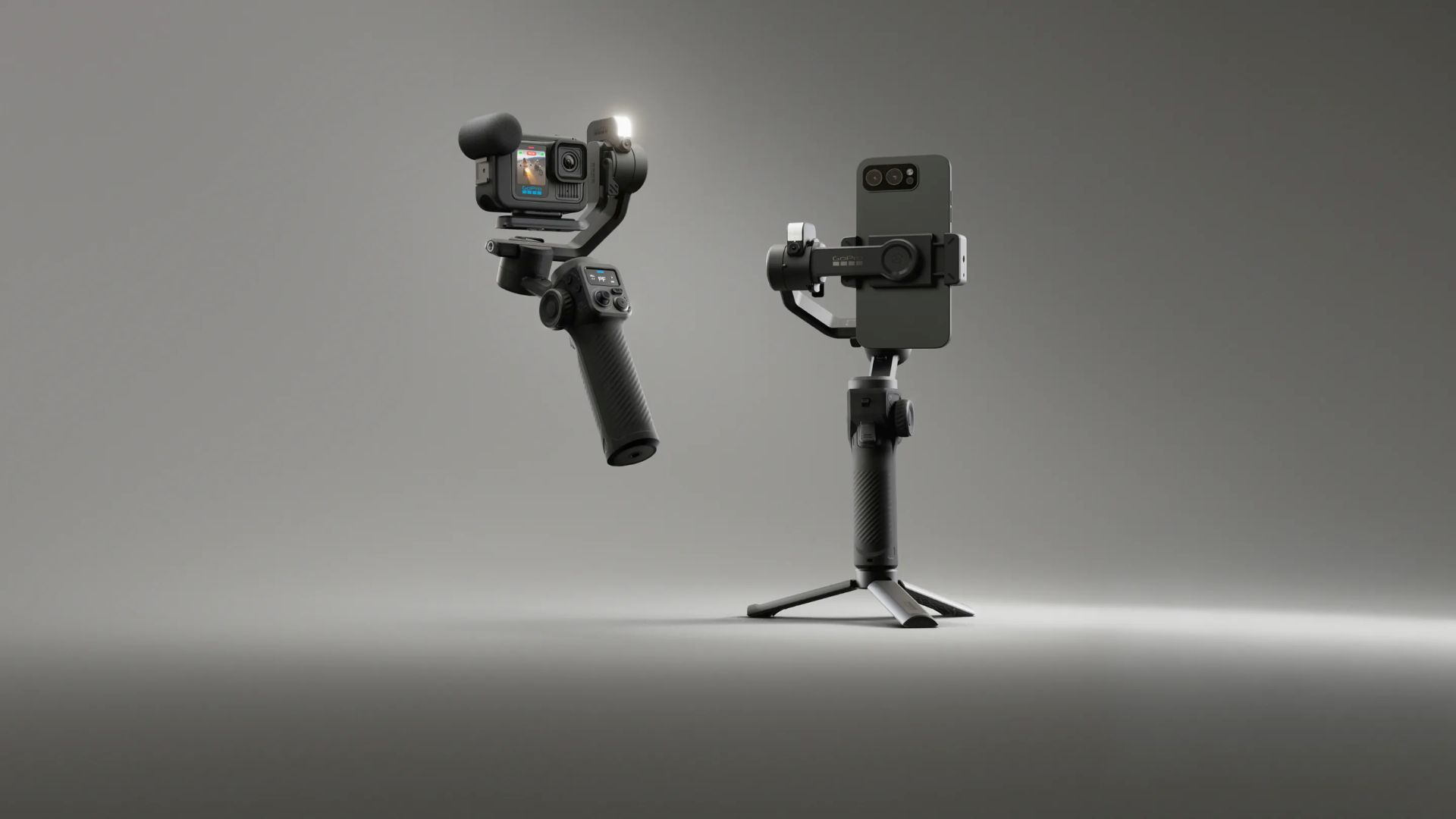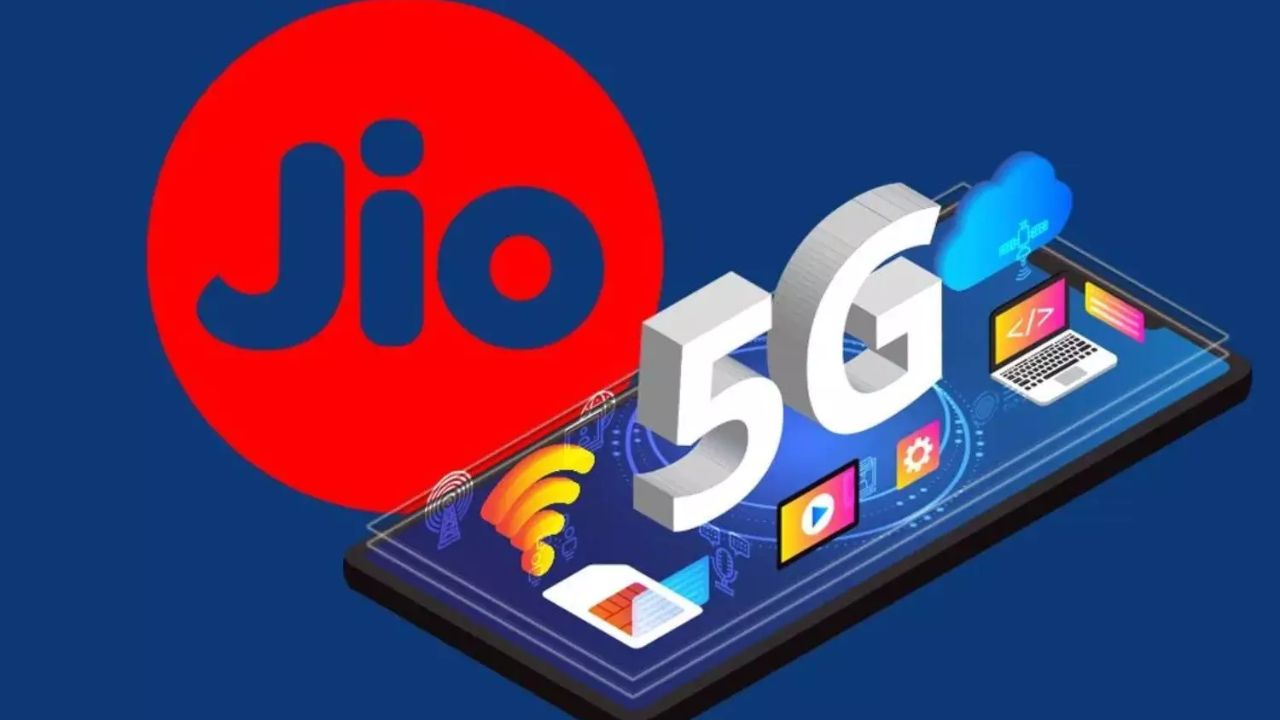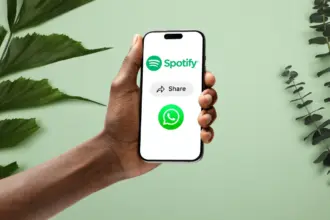Are you swiping endlessly on dating apps, hoping for a spark that never quite ignites? Well, hold onto your hearts, because Tinder has just dropped a bombshell that could change the way we interact with dating apps forever. The popular platform, owned by Match Group Inc., recently unveiled a brand-new in-app game featuring AI-powered chatbots designed to inject some much-needed fun and boost user engagement. Could this be the secret ingredient to making online dating less of a chore and more of an adventure?
Dubbed “The Game Game,” this innovative feature utilizes the advanced capabilities of OpenAI’s GPT-4o and GPT-4o Mini models to create short, exaggerated, romantic comedy scenarios. Imagine this: you’re reaching for the last can of your favorite soda in the grocery aisle, only to find another hand doing the same. Or perhaps your luggage gets swapped with a charming stranger at the airport. These are the kinds of quirky “meet-cute” moments Tinder’s AI will throw at you.
Here’s how it works: the AI initiates a scene, and you, the player, engage in conversation using voice memos to navigate the situation. The goal? To charm the AI character enough to agree to a date. The game provides real-time feedback, rewarding you with points for demonstrating warmth and curiosity in your responses. Think of it as a low-stakes, judgment-free zone to practice your flirting skills and perhaps build some confidence before diving into real-life interactions.
Tinder is rolling out this feature as a limited-time offering for iOS users in the United States. To maintain a sense of exclusivity and encourage daily engagement, users are limited to five game sessions per day, with each session lasting approximately three minutes. This carefully considered limitation aims to keep the experience light and prevent users from becoming overly reliant on the AI for companionship.
Hillary Paine, Tinder’s vice president of product, growth, and revenue, explained the rationale behind this playful addition: “The goal is to give users a fun, judgment-free space to experiment and potentially build a little confidence before stepping into IRL conversations.” 1 This statement highlights Tinder’s intention to use AI not as a replacement for human connection but as a tool to support authenticity and make the initial stages of dating less intimidating.
This move comes at a time when Tinder is actively seeking to win over Gen Z daters, who constitute roughly half of its user base. The app has faced challenges in reversing a decline in subscribers that began in 2023, and executives have openly stated their goal to “bring the fun back to Tinder.” In addition to the AI chatbot game, Tinder is also experimenting with other features like double-dating options and in-app rewards for consistent weekly logins.
While the idea of flirting with an AI might raise eyebrows for some, Tinder is not venturing into the territory of creating AI companions, a concept that has sparked concerns about its potential impact on emotional well-being. The limited-time and somewhat over-the-top nature of “The Game Game” is designed to keep the experience lighthearted and focused on skill-building rather than forming emotional attachments to a bot.
Tinder has been working with OpenAI since last summer, testing their audio models to bring this feature to life. The company has also incorporated several safeguards into the game. Beyond their standard measures for detecting hate speech and community guideline violations, they are utilizing OpenAI’s moderation technology to automatically end conversations that delve into sensitive topics or involve uncomfortable advances. This demonstrates a commitment to ensuring a safe and positive experience for users.
The introduction of AI into dating apps is not entirely new. Other platforms like Hinge and Grindr have been testing AI-powered features such as prompt editors and virtual wingmen to help users craft better chat responses or suggest date locations. However, Tinder’s approach with “The Game Game” stands out by utilizing OpenAI’s advanced voice mode, adding a layer of realism to the practice of flirting.
Devyn Simone, Tinder’s relationship expert in residence, emphasized the learning aspect of the game at the launch event. She pointed out that the AI rewards curiosity, warmth, active listening, and asking follow-up questions. The focus is not on delivering slick one-liners but on demonstrating genuine human connection skills. The game even incorporates social psychology frameworks to inform the scoring system and provide users with helpful tips.
One early user experience shared by Mashable highlights the somewhat surreal yet insightful nature of the game. While attempting to secure a virtual date with an AI persona, the user received a warning to ask more questions, leading to a somewhat stilted but ultimately reflective conversation. Despite not “winning” a date within the time limit, the user acknowledged the potential for improving their conversational skills through repeated sessions.
The question remains: will “The Game Game” be a permanent fixture on Tinder? According to Hillary Paine, that will depend on the feedback the company receives from its users. Regardless of its long-term future, this experiment signifies a growing trend of integrating artificial intelligence into the digital dating landscape. As dating apps strive to re-engage users and cater to the preferences of younger generations, playful and innovative features like AI chatbots might just be the key to sparking new connections – one AI-driven flirtation at a time.


